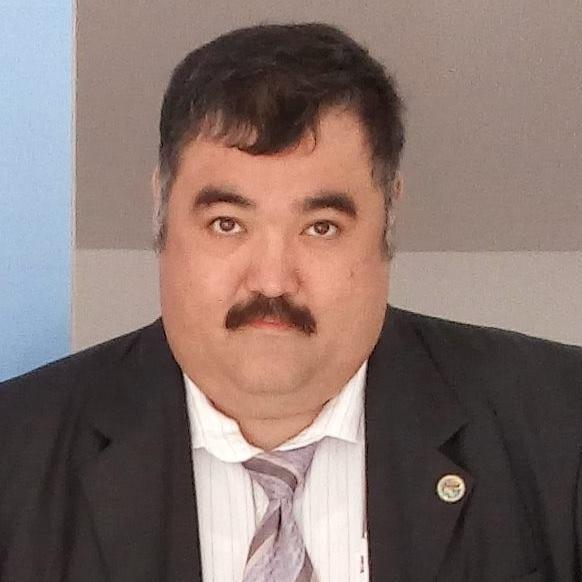We offer evidence-based research and consultations on topics related to the analysis of the influence of anthropological factors on certain areas of state and public construction, as well as identifying the level of conflict potential of both countries and individual regions of Central Asia. The information obtained as part of the research will form a sound empirical basis for a deep, comprehensive and independent analysis to assess the risks of large projects, take into account in the conduct of effective policies by state and non-state structures, the implementation of grants, educational programs and training.
The Laboratory of Anthropology and Conflictology (hereinafter referred to as the "Laboratory") is a research unit of the Institute for Advanced International Studies at the University of World Economy and Diplomacy of the Ministry of Foreign Affairs of the Republic of Uzbekistan. The main goal is the preparation of relevant information-analytical, forecast documents and recommendations for the study of topical problems of anthropology and conflictology in Uzbekistan and certain regions of the world, the implementation of educational programs, the development of scientific publications and other publications.
The laboratory is staffed by a close-knit team of Uzbek scientists with rich experience in both public and private educational, research and international organizations. This allows for research on an interdisciplinary basis.
The team consists of recognized scientists in the field of anthropology, sociology, international relations and political science, which is confirmed by the relevant diplomas and certificates. The staff of the Laboratory has experience in preparing and conducting field research both in all regions of Uzbekistan and in Central Asia.
The laboratory has both its own empirical base of research and access to statistical, demographic, socio-economic and other information from various structures. All this together makes it possible, based on the goals and objectives set, to develop information and analytical materials, and on their basis to prepare strategic ideas and propose solutions to identified problems in a whole range of political and socio-demographic areas. That is, the Laboratory has the necessary scientific and expert advisory potential for scientific cooperation with stakeholders.
At the same time, the following topical issues can be considered in the context of the theory and practice of anthropology and conflictology:
- international relations in Central Asia;
- regional studies and country studies;
- anthropological specifics of a particular country of Central Asia or a region of Uzbekistan;
- ethnic and cultural diversity of the regions of Uzbekistan and the countries of Central Asia;
- interconnectedness of religious and ethnic identity in the mentality of the peoples of Uzbekistan and Central Asia;
- the influence of informal structures on the society of Uzbekistan and the countries of Central Asia;
- formation of an anthropological portrait of the national elites of the countries of Central Asia;
- the dynamics of changes in the conflict intensity of the Republic of Uzbekistan, the countries of Central Asia and Afghanistan, with an emphasis on border areas.
The main methods of the Laboratory are conducting sociological surveys, focus group discussions, expert surveys, in-depth interviews and other activities aimed at collecting empirical material for research.

Dr. Azamat Seitov (Uzbekistan), 46 years old, Head of the Laboratory of Anthropology and Conflictology at the Institute for Advanced International Studies (IAIS) of the University of World Economy and Diplomacy, which studies: on an interdisciplinary basis, topical issues of international relations, regional studies and country studies in the context of the theory and practice of anthropology and conflictology; anthropological specifics of the level of conflict in the countries of Central Asia, with an emphasis on border areas; and also establishes long-term cooperation for the implementation of joint projects (programs) with leading foreign research organizations.
Within this position, Dr. A. Seitov is responsible for the development and publication of analytical articles and materials, analytical notes, research papers, investigative reports and multimedia products, as well as organizing trainings and events on topical issues of anthropology and conflictology. Prior to joining IAIS, Mr. A. Seitov worked in various national research and scientific organizations, such as the Institute for Strategic and Interregional Studies, the Regional Policy Foundation, the Academy of State and Social Construction, the National University of Uzbekistan, the Liberal Democratic Party of Uzbekistan, etc. Mr. A. Seitov has a Doctorate in Sociology (DSc), is acting. professor UWED. Research topics: civilization, anthropology, sociological research, gender, international relations.